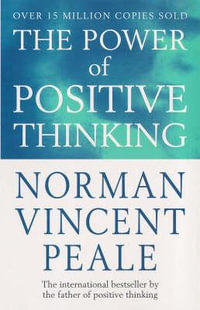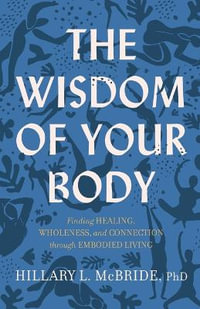Over the past decade, conservative Christian public law firms have been some of the most active and aggressive litigators in the nation. Their efforts have impacted important policy areas including religion in the Public Square, school prayer, gay rights, 'family values' and abortion policy. But the Fundamentalist Christian/Evangelical social movement is not monolithic. In this probing and judicious work, Hacker explores and clarifies the influence of ideology on the goals and behavior of three leading conservative Christian law firms and how they differ in agendas and approach. He provides rich interview narratives that shed light on interest group behavior and how it is influenced by internal group characteristics.
Industry Reviews
Hans Hacker's descriptions of three litigating arms of the Religious Right will be invaluable for future researchers. His analytic framework, emphasizing the importance of variation in organizational commitments and religious ideology, provides important insights into these groups and into strategic litigation more broadly. -- Mark Tushnet, William Nelson Cromwell Professor of Law, Harvard Law School
Hans Hacker's book provides a fascinating look inside three Christian Right litigating organizations, demonstrating how their diverging legal strategies are influenced by the religious ideologies of each group. Drawing creatively from case description, quantitative analysis, and interview material, the book enriches the literature on interest group litigation and enhances our understanding of an important facet of the Christian Right. -- James L. Guth, William R. Kenan, Jr. Professor of Political Science, Furman University
Hacker has written an engaging book exploring the activities of organizations affiliated with the religious right. In analyzing their strategic attempts to influence policy through the courts, he makes a solid contribution to the literature on interest groups and the politics of litigation. -- Wayne McIntosh, Associate Professor, Department of Government & Politics, University of Maryland
Students of religion and politics, and those interested in interest-group behavior, will find this book useful. Summing up: Highly recommended. Upper-division undergraduates and above. * CHOICE *
Although we know much about the strategies and tactics of Christian conservative groups on electoral politics, we know much less about their involvement in the courts. This book provides an intriguing close-up view of three of the leading public law firms in the movement, and the way that their ideology, goals, and strategies intertwine. This book will be of interest to all students of the Christian Right, as well as those interested in the way that social movements use the Courts to achieve their policy aims. -- Clyde Wilcox, professor of government, Georgetown University



















![A Return to Love : Reflections on the Principles of a Course in Miracles [Thorsons Classics edition] - Marianne Williamson](https://www.booktopia.com.au/covers/200/9780722532997/null/a-return-to-love.jpg)




